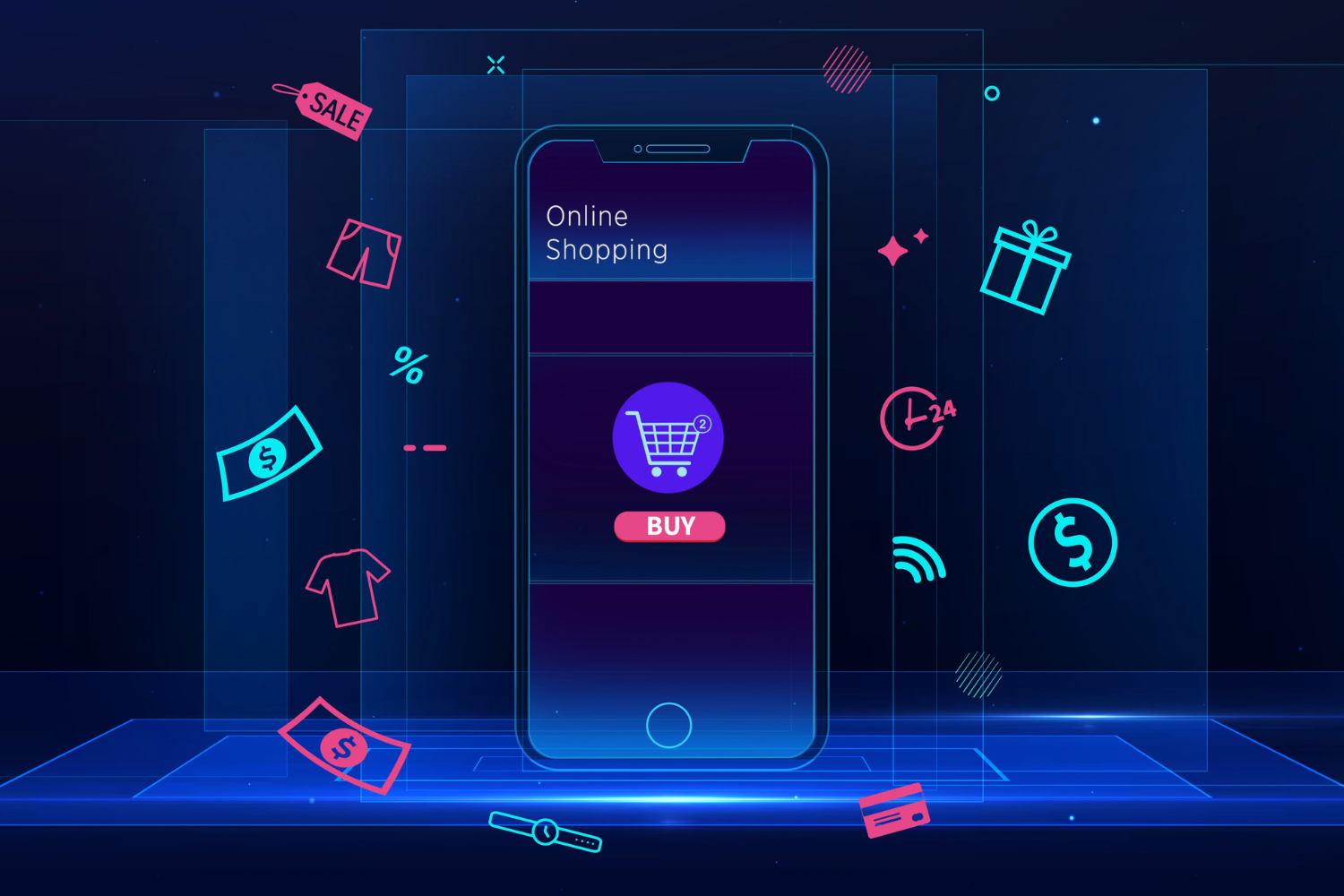During these strange times, we’re sure many companies have identified that they should have implemented an eCommerce solution a long time ago! But as New Zealand moves to Alert Level 3 this week, there’s no time like the present to get set up for online trading.
If you've identified that you need an eCommerce solution, your first question is probably, ‘ok but where do I start?’. With any project, the first step is to identify who the user will be because that opens the door to what solution will best fit your business.
When kicking off these types of projects with clients, we always start with an ‘ideate’ phase which helps us identify things like the customer journey and the goals of the project, right down to which technical solution will be most effective to achieve your goals. Let’s tackle the three typical eCommerce solutions we identify during this process and how they differ in complexity.

